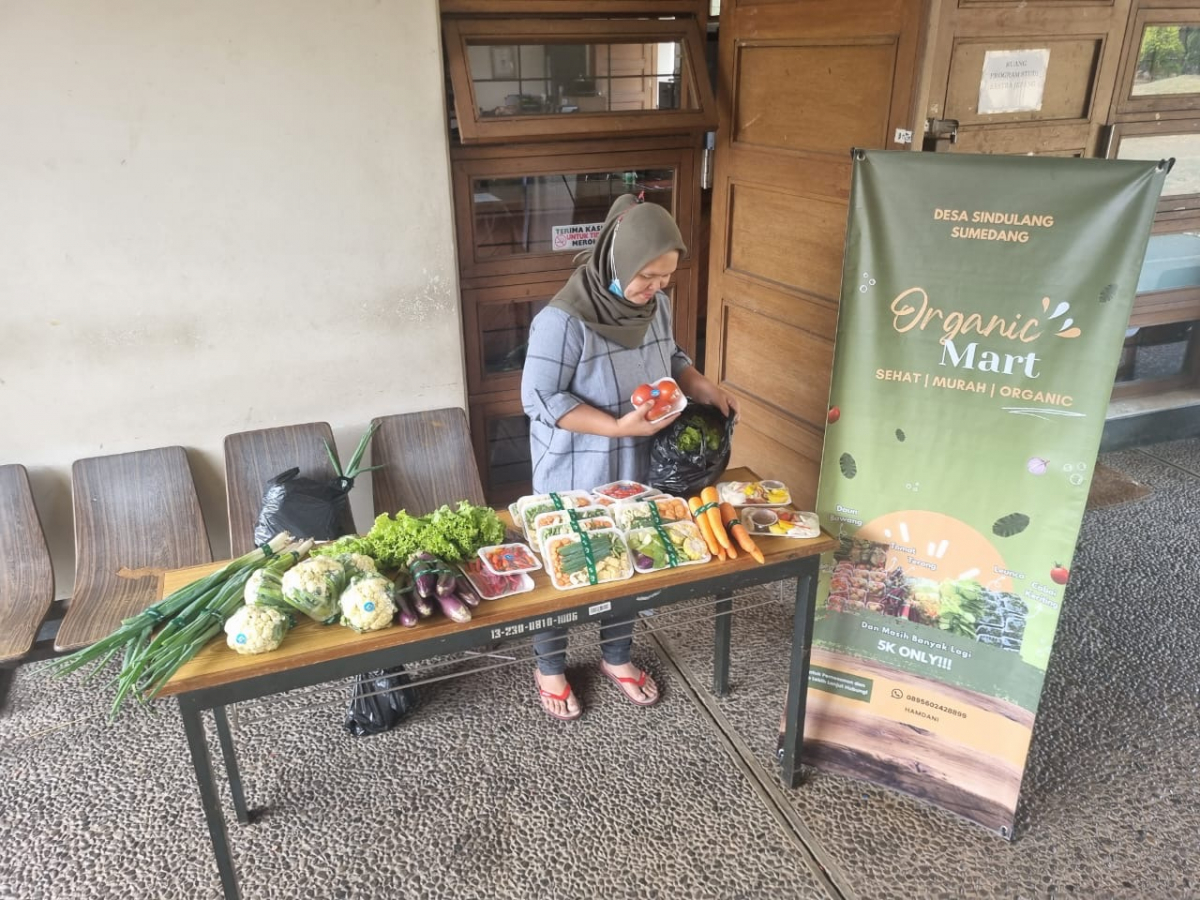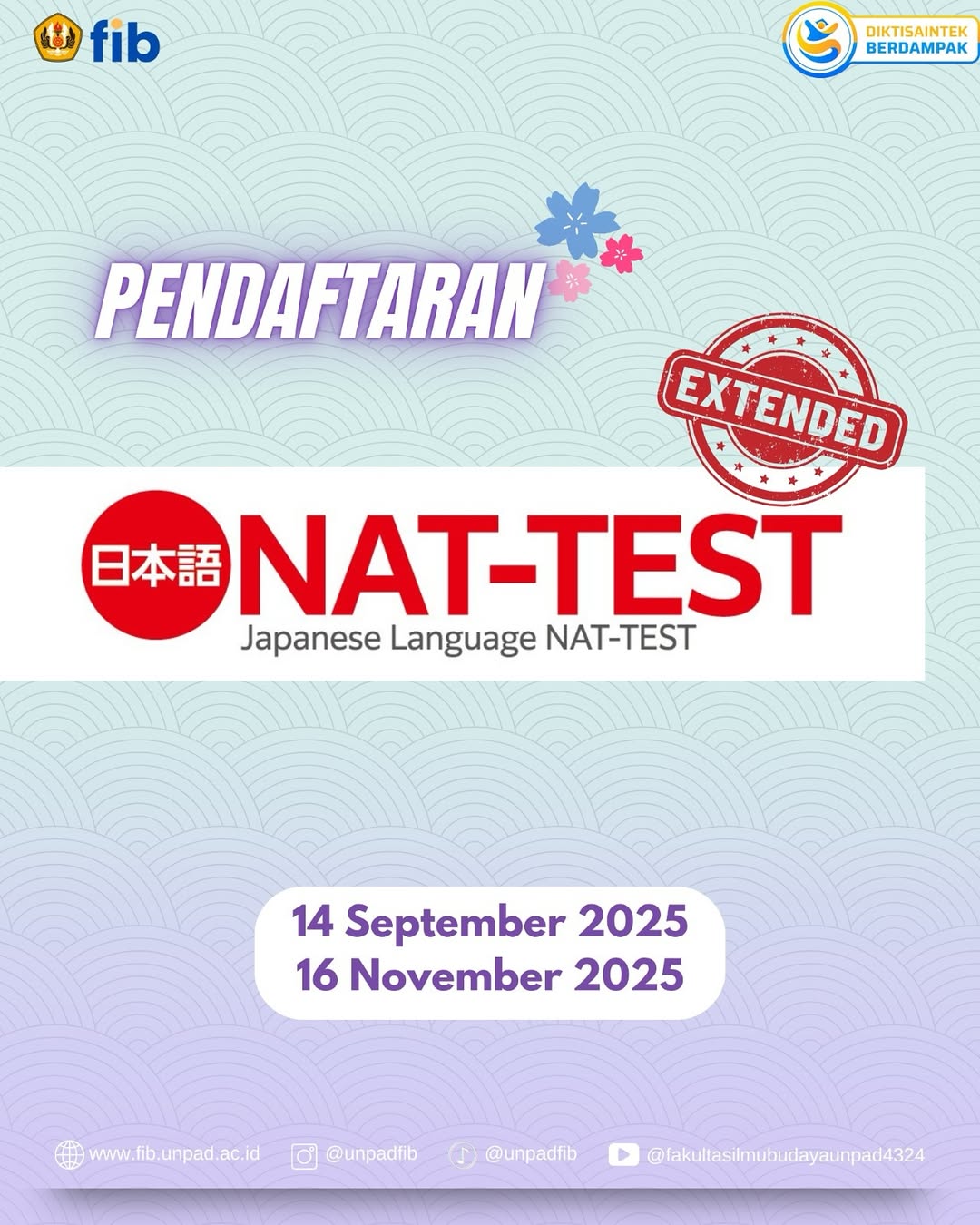The impact of differentiated instruction on student engagement and achievement in Indonesian language learning
A team of researchers—Heny Subandiyah, Riki Nasrullah, Rizki Ramadhan, Haris Supratno, and Rosdianto Permata Raharjo from Universitas Negeri Surabaya (UNESA), together with Fahmy Lukman from the Department of Linguistics, Universitas Padjadjaran (UNPAD)—has published a study on the impact of Differentiated Instruction (DI) in Bahasa Indonesia learning, contributing directly to the achievement of Sustainable Development Goal 4 (Quality Education).
Conducted in three middle schools with 180 students, the research compared traditional teaching with DI—an approach that adapts content, process, and environment to meet diverse learner needs. Results revealed that DI-based classes achieved significantly higher test scores (M = 82.45) compared to the control group (M = 64.12), and students showed greater motivation and active participation.
Although no major changes were seen in attendance, DI proved effective in enhancing both academic outcomes and classroom engagement. The findings emphasize the need for teacher training in DI to foster inclusive and equitable learning environments.
This research demonstrates how innovative pedagogy can strengthen SDG 4.1 (inclusive, equitable quality education) and SDG 4.c (teacher training), ensuring that students from all backgrounds can thrive in Indonesia’s classrooms.
Sigit Sugiarto



